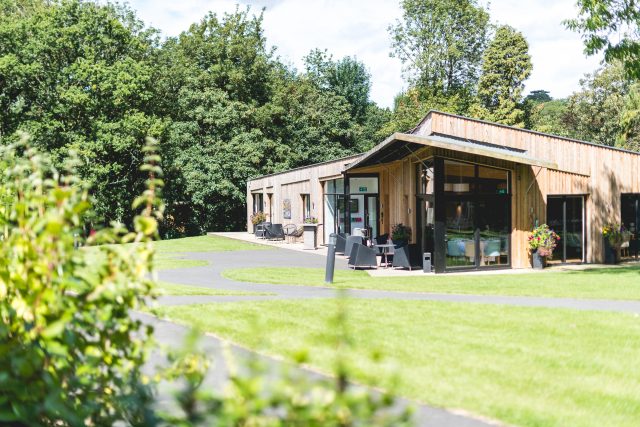by Claire Kelly
I was recently having a conversation with a close friend and let slip that I was about to go on retreat. ‘Lucky you!’, he smiled. ‘Time off! Time out! I bet it’ll be all spas and blissfulness.’
I smiled back, biting my lip hard. No point in trying to explain that mindfulness retreats don’t involve spas, and that any flavour of blissfulness is usually counterbalanced by aching joints, and a head full of unhelpful ‘storytelling’ your mind has been saving up for just such moments of quietude. Mine, for example, tend to include memories of some of the most embarrassing moments in my life, obsessive thoughts about when and what the next meal might be, the choruses of the last five songs I’d played on Spotify before the retreat began, and fantasies about what the person sitting in front of me in the mediation hall might do for a living – maybe a chartered account, or perhaps a long lost member of the Monegasque royal family?
Most mindfulness-based retreats will involve periods of formal sitting practice, mindful walking and movement, discussion and teaching. The days are long with the first practice of the day usually beginning before breakfast and the last one after supper in the evening. Extended periods of silence are practised, including through mealtimes, and one is encouraged to disconnect from technology and other forms of distraction.
This slowing down can be so profound that a gradual ‘re-introduction’ to the normal pace and busyness of life is needed as you get ready to go home. Indeed, another friend of mine was pulled over by the police whilst driving home after having done a five-day retreat. She had been oblivious to the fact that she was doing 30 mph in the middle lane on the M3 motorway.
So, given the demands of these extended periods of quiet, calm and stillness, why go on retreat?
The routine takes a little getting used to but, after a few days, there is a tendency to slow down and really begin to appreciate how scattered our minds can be, how good it can feel to really inhabit the present moment, and how much breathing and mental space this can give us.

Think of a retreat as:
- An act of self-care. How often do we say to ourselves, ‘I’ll have some ‘me time’ when…’ but ‘when’ never comes because life is ridiculously busy, and those working in education are experts in putting everyone else’s (family, friends, students, colleagues) needs and wellbeing before their own.
- A chance to reconnect with and/or deepen your mindfulness practice.
- An opportunity to connect and share learning and ideas with a community of like-minded people.
- A way of reconnecting with daily life with a different perspective. Upon ‘re-entry’ into everyday life, while it’s unlikely you’ll have any damascenian-type revelations, you may notice small changes – food tasting a little better, family interaction less excruciating, less ‘sweating the small stuff’, and a reduction in reactivity. As such, attending a mindfulness retreat can also be seen as a gift to those you live and work with.
 If you fit the following criteria:
If you fit the following criteria:
- Have completed a recognised, teacher-led, eight-week mindfulness course
- Are employed by a school or regularly work in education or youth-based contexts
- Are looking to deepen your practice of mindfulness and explore how this relates to their daily life and work
- Are looking to connect and share experience and practice with others who work in similar contexts…..
 …why not come and join us for the MiSP Educators’ Retreat at The Woodlands at Hothorpe, a beautiful, purpose-built retreat centre set in the middle of woodland in Leicestershire. We’d love to see you there.
…why not come and join us for the MiSP Educators’ Retreat at The Woodlands at Hothorpe, a beautiful, purpose-built retreat centre set in the middle of woodland in Leicestershire. We’d love to see you there.